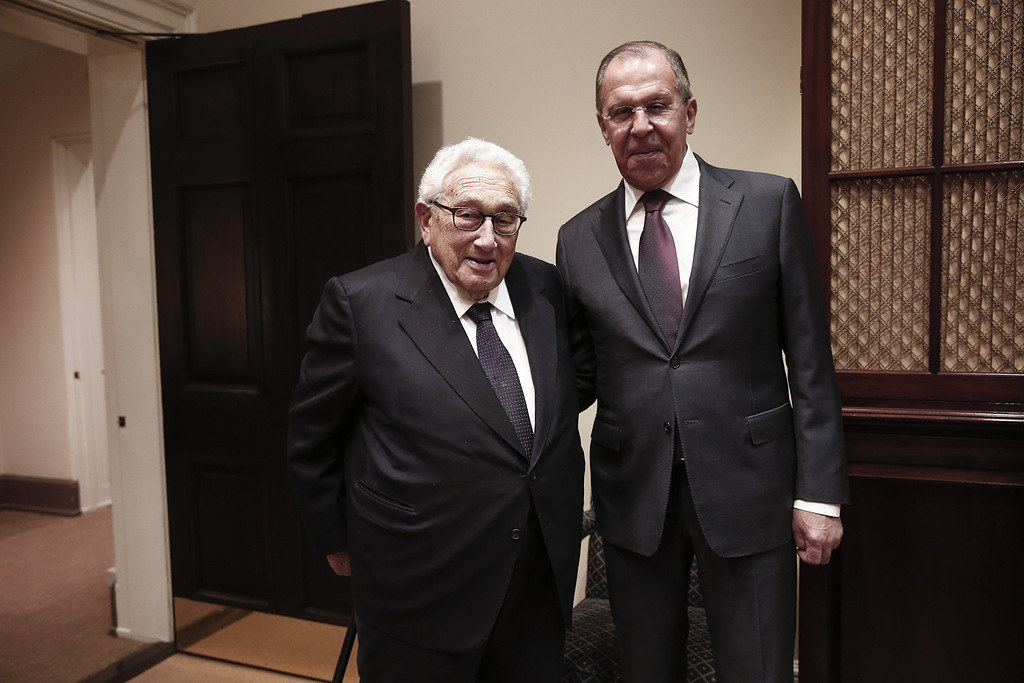Henry Kissinger, a statesman renowned for his diplomatic achievements, also left behind a legacy steeped in controversy. Two major points of criticism that continue to shape discussions about Kissinger’s legacy involve his involvement in covert operations during the Vietnam War and his support for authoritarian regimes in various countries, each prompting questions about the morality and ethical considerations of his decisions.
One of the most significant criticisms leveled against Kissinger revolves around his role in covert operations during the Vietnam War, particularly the secret bombings in Cambodia. Critics argue that the U.S. bombing campaigns, which escalated under his guidance, resulted in a considerable death toll and had long-lasting consequences for the affected regions.
The secrecy surrounding these bombings, conducted without the knowledge or approval of Congress, has fueled concerns about the morality of Kissinger’s decisions. The death toll and the enduring impact on the affected populations have led some to question the ethical considerations underlying his approach to the conflict.
Another contentious aspect of Kissinger’s legacy centers on his support for authoritarian regimes in countries such as Chile, Argentina, and Bangladesh. The accusations of complicity in human rights abuses during military coups in these nations have raised profound questions about the prioritization of realpolitik over human rights considerations.
Chile:
Kissinger’s role in supporting the 1973 military coup in Chile, which ousted President Salvador Allende, has drawn condemnation. The subsequent military dictatorship, led by General Augusto Pinochet, was marked by severe human rights abuses, including torture and political repression. Critics argue that Kissinger’s realpolitik approach contributed to the suffering of the Chilean people.
Argentina:
In Argentina, Kissinger’s alleged support for the military junta during the “Dirty War” era, characterized by widespread human rights violations, has further fueled criticism. The disappearance and torture of political dissidents during this period have been linked to U.S. support for the authoritarian regime.
Bangladesh:
Kissinger’s involvement in supporting the military regime in Bangladesh during its struggle for independence in 1971 has also faced scrutiny. The allegations of complicity in human rights abuses during that conflict have contributed to the perception of him as a figure willing to compromise on principles for strategic interests.
The criticisms surrounding Kissinger’s covert operations and support for authoritarian regimes underscore the complexity of evaluating the legacy of a statesman involved in shaping crucial moments of history. While some argue that his realpolitik approach was a pragmatic response to the challenges of the Cold War, others contend that the moral and ethical implications of these decisions cannot be overlooked.



